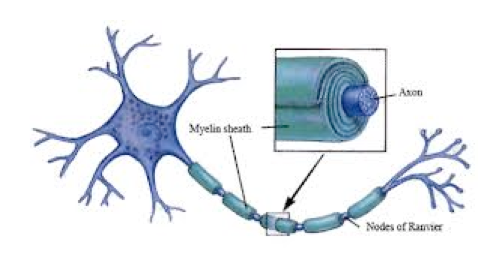This is a tough one…how do we prevent lopsided scoring and soccer goals without hurting either team? I have been on both sides. The first thing I would suggest is to make sure your team is playing in an appropriate league or tourney bracket level. That means the coach needs a good understanding and is honest about his team’s prospects. If the coach thinks his team is better than it is, lopsided scores will happen. If he just wants to win then he will sandbag in order to make himself look good. Both scenarios hurt the teams.
How do you handle when your team is winning handily? This is a great time for you to move players around without hurting your playing style. Take your goalkeeper and play him at center forward. This way if he scores no one can be upset and it will help keep the score down. Take your best players out for a while and when you sub them play them in positions they are unlikely to play in a big game. This will make them better tactically thus providing educational opportunities for your team. You also can explain to those payers and their parents that since Johnny plays most of the games this is a chance for Jimmy to get some more playing time.

You can put restrictions on your players like you can only score off a cross or after a1-2 combination play. I would not tell them to play keep away as this make a mockery of the game of soccer and makes the other team feel even worse. It is hard to tell your player who never scores not to try (we have a hard enough time with developing goal scorers in this country as it is). I also would talk to the other coach and tell him what you are doing. I have beaten teams severally and told the coach that we were not trying to run the score up and most time they will understand. Of course having the reputation as being a good guy helps!
I have been on the side of my team being soundly beaten and the coach came up to me after the game and apologized. My response was that while I appreciate it, it is not his job to stop his own team from scoring, which is my job. In these games I tell my team at halftime that obviously we are not going to win the game but to try and see if we can improve and win the second half. Then we have something to build on.
After such a game I will talk to my team and their parents and let them know that this team is much better than us and I am glad we had the chance to play them as now we have some frame of reference into what skills, tactics and attitude we will need to if we hope to get to that level. In other words make a negative into a positive! Then get to work on learning a group how to play defense!
Roby Stahl,
Former DoC – Ohio Youth Soccer Assoc.
Final Notes:
- Thank you for taking the time to read this article and Sharing it with your soccer community.
- Please send your Comments on this subject and Questions to me at: koachkarl@fundamentalsoccer.com
Your FUNdamental,
Koach Karl (Karl Dewazien)
- Emeritus Director of Coaching – California Youth Soccer Assoc. 1979-2012
- Author – Internationally Published FUNdamental SOCCER Books Series
- Producer – highly acclaimed ‘FUNdamental SOCCER -Practice’ DVD.
- Clinician at: www.fundamentalsoccer.com



